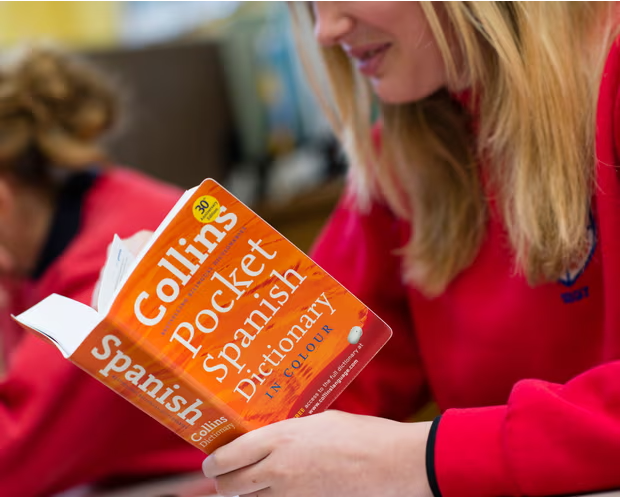According to a recent report in the guardian, the“Language Trends” report published this year by the British Council revealed that, there is a significant gap in foreign language learning opportunities between students from different economic backgrounds in the UK.
The report covers 1,000 primary and secondary schools and private schools. The results show that in state schools in economically underdeveloped areas of Britain, the proportion of General Certificate of Secondary Education taking a modern foreign Secondary Education course is 32% lower than at comparable schools in the most affluent areas, 11% below average. Specifically, 69 per cent of Year 11 pupils in the wealthiest state schools are enrolled in GCSE foreign language courses, compared with 47 per cent in poorer schools.
The report results show that, the government’s target of an“English Baccalaureate”, where“90% of pupils learn a foreign language at GCSE level”, is being rolled back. Although 2024 for GCSE and A-level General Certificate of Secondary Education in foreign languages rose for the first time in years, they have since fallen again, and still concentrated in a small number of schools. On average, 53 per cent of 10th graders in state secondary schools are taking a GCSE foreign language course, down one percentage point from last year.
Regarding this matter, Professor Charles Forsdick, Chief Research Fellow in the School of Languages at the British Academy, warned: “The UK is facing the risk of language education becoming the exclusive preserve of students in affluent schools, thus excluding many young people from essential education.” Jean Coussins, a cross-party Member of Parliament and co-chair of the All-Party Parliamentary Group on Modern Languages, also noted: “If the Ebacc qualification and its target of 90% student participation in GCSE foreign language examinations are abandoned, the government needs to ensure that any replacement guarantees the majority of young people study a foreign language to the age of 16-18. Otherwise, A-level foreign language courses are likely to disappear entirely from state schools, and even GCSE foreign language courses could become exclusive to affluent state and private schools.”
In terms of specific languages, German has suffered the most. Although German is the most popular foreign language for local employers, only 40 per cent of UK schools now offer GCSE German, mostly in affluent areas, this compares with 90 per cent of French and 76 per cent of Spanish. Only one secondary school in the least developed regions surveyed offered GCSE German, compared with almost three-quarters of wealthier state schools and two-thirds of private schools. The situation at the A-level level is equally serious, with only 27 per cent of public secondary schools offering German, compared with almost 50 per cent for French and 44 per cent for Spanish. Less than a third of the poorest secondary schools offer A-level foreign language courses, but 58 per cent of private schools offer A-level German courses, some 80 per cent of private schools still offer French and Spanish after the age of 16.

Nearly 90 per cent of British schools offer GCSE French, 76 per cent Spanish and only 40 per cent German. Photograph: redsnapper/Alamy
In addition, the survey found that more than a third of schools have fewer than five students in A-level foreign language classes, and 8% of schools have stopped offering A-level German classes in the past three years, french and Spanish were suspended at 7 per cent and 3 per cent respectively.
Vicky Gough, Schools Consultant at the British Council, stressed that”this serious inequality in language learning opportunities will have profound consequences. At a national level, it risks diminishing the UK’s talent pool, eroding linguistic and cultural diversity, and weakening Britain’s global standing in diplomacy, trade, and international relations.” A spokesperson for the UK Department for Education responded: “Learning languages helps young people connect with the world and develop critical thinking skills. The government wants all children to have this opportunity and is driving forward expert-led curriculum reform through its Transformation Programme, while also offering tax incentives to attract more high-quality language teachers and safeguard teaching standards.”